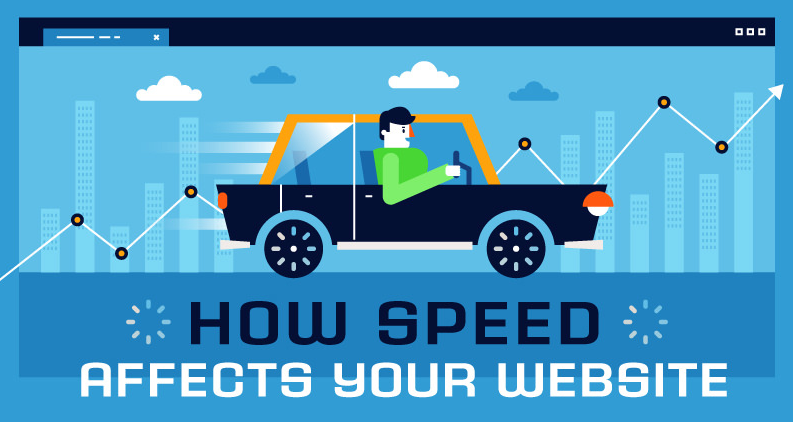
Creating and maintaining a website is difficult work. There are many aspects that must be addressed and it is an ongoing process. The content must be meaningful, well-presented, and all features should work well.
It is easy to understand, then, why many website owners focus on content and overlook the importance of website speed. A glance at the statistics confirms this – the average loading speed for desktop webpages is 9.3 seconds, while the recommended is 3 seconds.
Now, many people don’t see what the problem is if loading takes a bit longer – the difference is only seconds, after all. However, the data collected by the Hosting Tribunal indicates several negative effects of high load times.
Search Engine Rankings
We all know how important it is for our websites to score high in search results. Many website owners even hire SEO experts to optimize their content so it reaches the target audience more easily. So, it is a real shame when all their efforts are undone by low speeds.
Various experiments have shown that websites with quicker response times consistently score better than their slower counterparts. Even more seriously, excessively slow pages might be severely penalized or not even taken into consideration by Google’s ranking system.
Another way search engine rankings are impacted is through bounce rates. Namely, if your website is too slow to load, visitors are likely to get impatient and go to the next result on the search engine’s list of suggestions.
The engine would interpret this as lack of content relevant to the specific search; too many visitors bouncing away and your website gets a lower ranking in future searches.
The Visitors
The impact of load speeds on the actual visitors is probably even more important. We build sites with them in mind and, if the visitors end up leaving the pages dissatisfied, we can certainly say that our websites are a failure.
Unfortunately, research has shown that website speeds are likely to have a negative impact regardless of how good the content is. We have already mentioned that some visitors won’t even wait to see the content if the website is too slow. What’s more, low speeds reflect negatively both on visitor experience and the number of visitors who come back to the website.
If you are selling products online, slow speed can have a direct impact on your profit. Namely, each second added to the loading time will decrease customer satisfaction by 16%. Also, low speeds during checkout make customers suspicious of the websites and are increasingly likely to lead them to make their purchases elsewhere.
What to Do About This
As you can clearly see, low load speeds will not only result in fewer people getting to your web pages, but also in fewer people staying loyal to them. Luckily, there are numerous techniques anyone can use to improve their website’s speed. You can find out more about them if you read the infographic below.




1 Comment
Joan · June 25, 2019 at 1:48 pm
In the age of mobile internet, speed is the most important factor for your site to be modern and get a higher position in the google ladder!